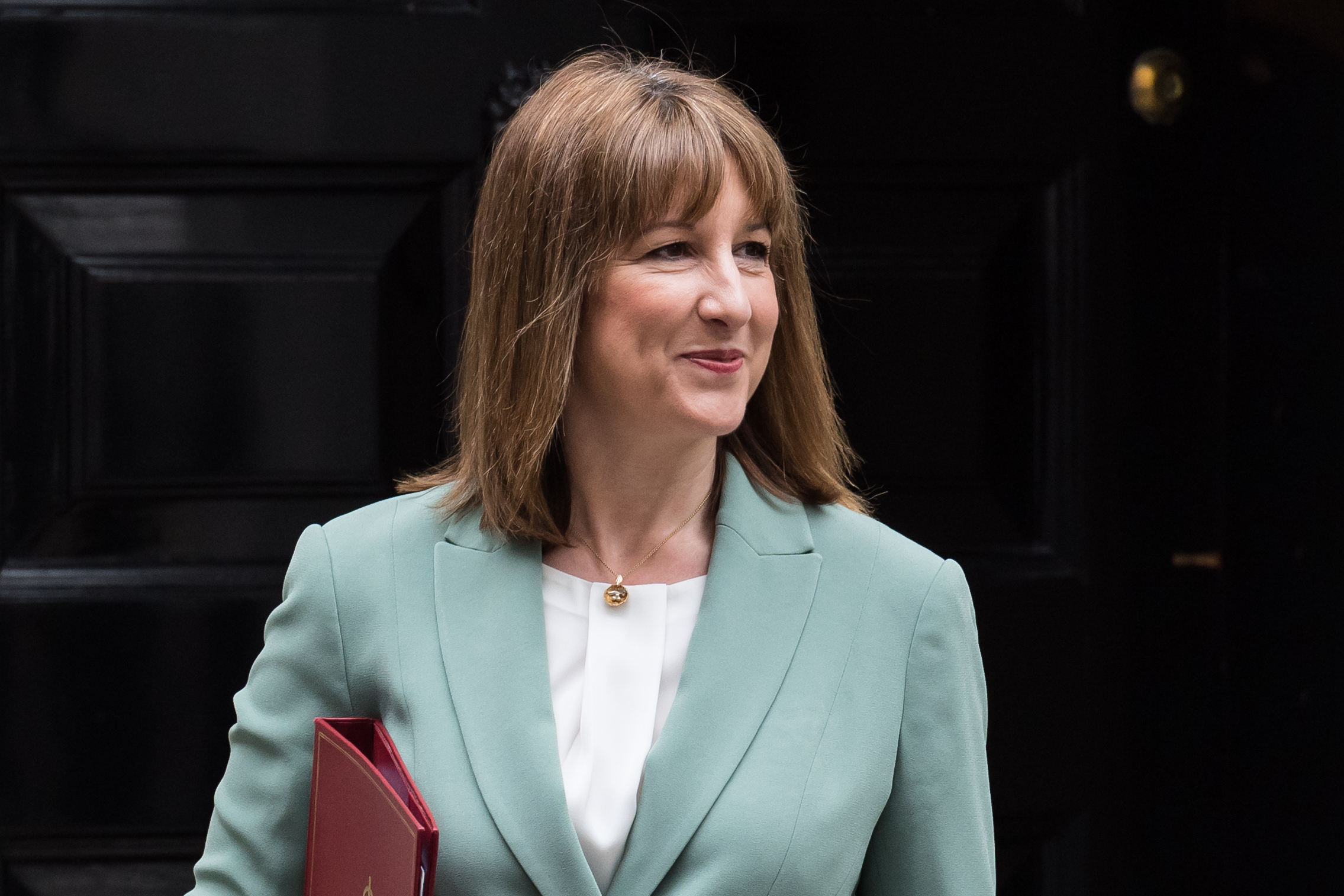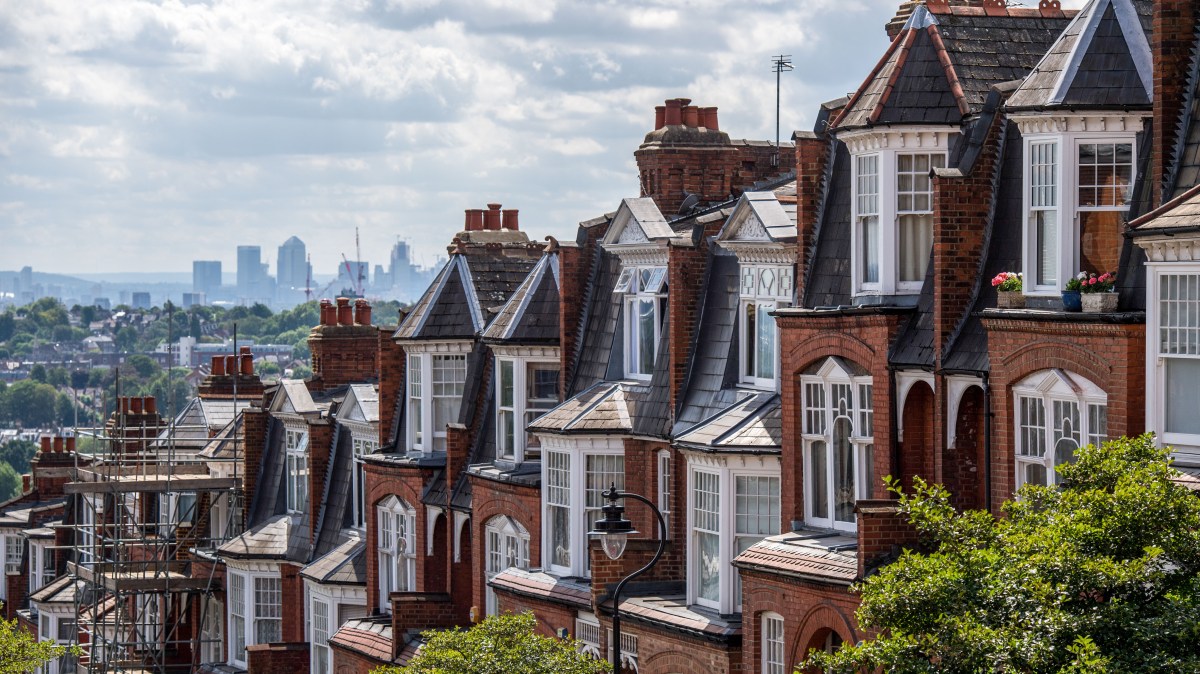Families in London have paid triple the amount of inheritance tax than those in Scotland, Wales and Northern Ireland combined.
Estates of those who died in the capital paid £1.53 billion in the 2022-23 tax year, according to the latest HM Revenue & Customs data. This compares with the total £525 million that was handed over by estates in Scotland, Wales and Northern Ireland.
The average bill in London was £300,000, compared with £213,000 nationally. Some £6.175 billion was paid by estates in England, and the UK total was £6.7 billion.
The figures come as Rachel Reeves is said to be considering an inheritance tax crackdown in the autumn budget, which could involve a cap on financial gifts given to family members while still alive.
The surge in inheritance tax payments is down to rising house prices and frozen inheritance tax allowances, which have pushed thousands more families into the tax net, delivering a record windfall for the Treasury.
The value of homes included in estates that had to pay the tax has jumped more than 50 per cent in three years, from £10.1 billion in 2019-20 to £15.6 billion in 2022-23. Over the same time, the number of the estates subject to inheritance tax that included residential property rose from 19,000 to 26,600.
The cash savings held by estates that paid inheritance tax grew from £5.1 billion in 2019-20 to £7.15 billion in 2022-23, while the value of shares increased from £8.9 billion to £10.8 billion.
These increases have been compounded by a freeze on the inheritance tax-free allowances. The £325,000 nil-rate band (the value of an estate you can leave tax-free) and the £175,000 main residence band (available if you leave your main home to a direct descendant on an estate worth less than £2 million) will not go up until at least 2030. Above these allowances inheritance tax is charged at 40 per cent, although anything left to a spouse or civil partner is inheritance tax-free, and they can also inherit one another’s allowances. This means a couple can pass on up to £1 million tax-free.
Sean McCann from the wealth manager NFU Mutual said: “The continuing rise in house prices coupled with the long-term freeze in the tax-free thresholds means that a growing share of UK property wealth is being caught in the inheritance tax net. With the thresholds set to remain frozen until at least 2030, this is a trend that is likely to continue.”
Nationally, 31,500 estates paid inheritance tax in 2022-23, raising that total of £6.7 billion for the Treasury. London’s three top paying constituencies — Kensington; Chelsea and Fulham; and Finchley and Golders Green — each generated more than £100 million.
The southeast (excluding London) recorded the highest number of taxable estates, with 6,650 paying a total of £1.45 billion. In Scotland 1,680 estates paid £331 million, in Wales 1,030 estates paid £155 million and in Northern Ireland 334 estates paid £40 million. Together, London and the southeast accounted for 44 per cent of all inheritance tax receipts.

Rachel Reeves, the chancellor, is said to be considering an inheritance tax grab in the autumn budget
WIKTOR SZYMANOWICZ/FUTURE PUBLISHING VIA GETTY IMAGES
The Office for Budget Responsibility forecasts that inheritance tax will raise £14.3 billion in 2029-30, with 9.5 per cent of deaths triggering the levy. From April 2026, agricultural and business property relief will be made less generous, and pension pots will be brought into the tax net from April 2027.
McCann warned that these changes would “significantly increase” the number of families affected. “We are seeing a sharp increase in calls from those seeking inheritance tax advice, particularly in the light of proposed changes to agricultural property relief and business property relief from April next year which will have a huge impact on farming and business communities,” he said.
He added that giving away assets in your lifetime can help to reduce inheritance tax: “Each tax year you can give away gifts totalling £3,000 immediately free of inheritance tax. If you haven’t used the previous year’s allowance, you can go back one year — so a couple could potentially give away £12,000 without worrying about the seven-year rule.”
Under the seven-year rule if you give away an asset — whether cash, property or shares — and live for seven years or more after making the gift, it will be exempt from inheritance tax. If you die before then, the value of the gift will be counted as part of your estate, although the rate of tax due on it falls on a sliding scale after three years.
